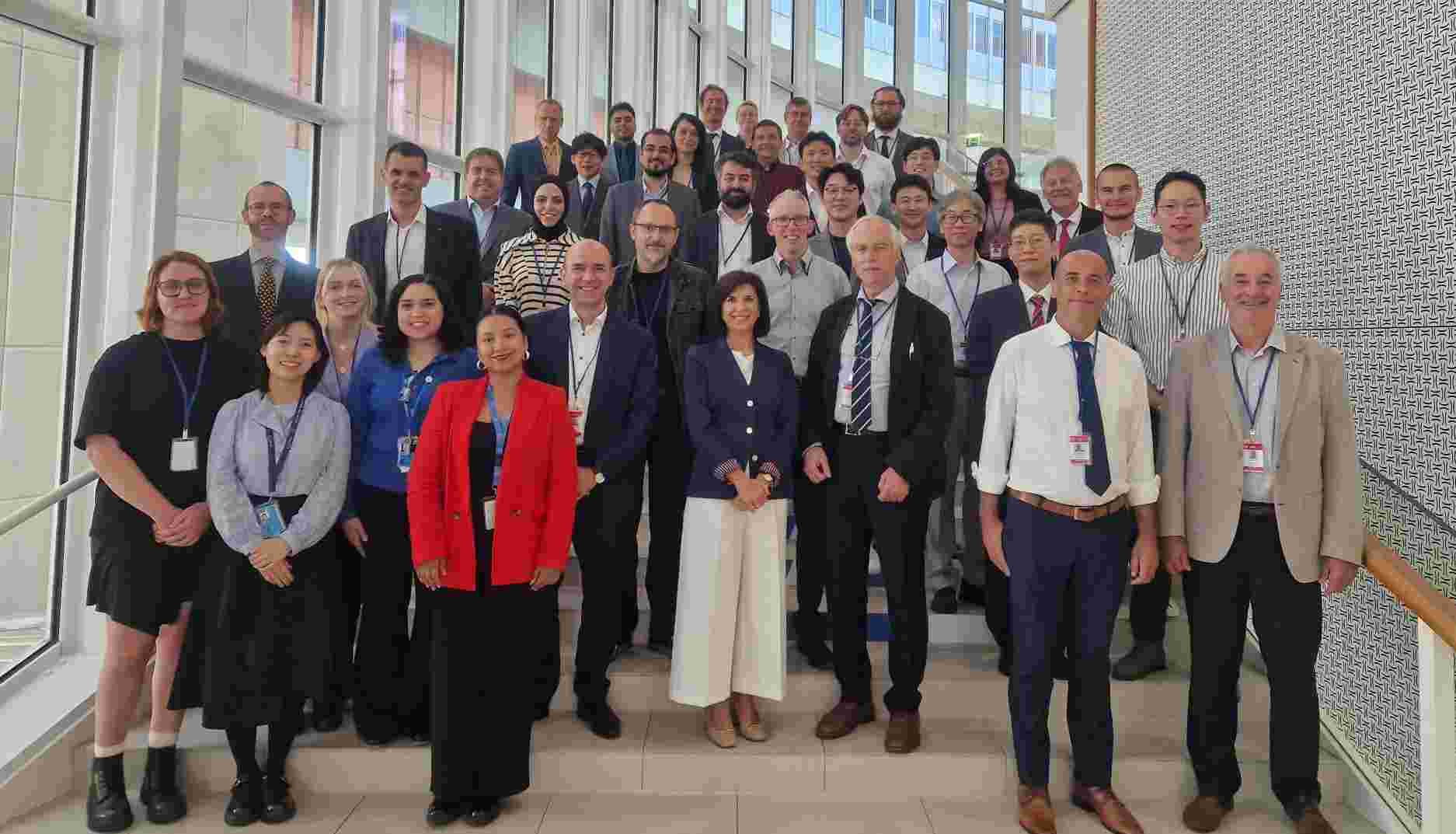From 2 October 2023, 2:00PM to 6 October 2023, 1:00PM

Molten salt technologies are attracting great interest in the public and private sectors for a broad spectrum of nuclear applications worldwide. Most efforts at the international level are devoted to Molten Salt Reactor (MSR) technologies and, to some extent, safety, and licensing. Besides generating electricity within a once-through uranium fuel cycle, MSR technologies envision new opportunities to rationalize nuclear fuel cycles by using various fuel resources to produce high-temperature heat and potentially create a cost-competitive, safe, and sustainable commercial nuclear option.
The chemistry of fuel cycle(s) plays a crucial role in developing and deploying MSRs, as recognized by the members of the NEA Expert Group on Fuel Recycling and Waste Technology (EGFRW) and of the IAEA Technical Working Group on Nuclear Fuel Cycle Options and Spent Fuel Management (TWG-NFCO). Addressing the challenges of chemical processes and technologies in MSR fuel cycles will provide added value to the scientific community, MSR developers and future user countries.
The IAEA and the NEA are organising a joint workshop from 2 to 6 October 2023 to assess the progress in the development of MSR fuel cycles from a chemistry perspective (e.g., fresh fuel synthesis, online processing and irradiated fuel reprocessing) and identify the needs and gaps in chemical processes and technologies.
Objectives
The purpose of the event is to share technical information on the chemistry of the processes and chemical technologies of the fuel cycles for molten salt reactor systems, including input from developers about planned fuel cycle options, identify the state of the art, R&D needs, infrastructure (e.g., specific devices and process equipment) and knowledge gaps, and discuss potential ways to address these matters. The ultimate goal is to support the development and deployment of molten salt reactor systems.
